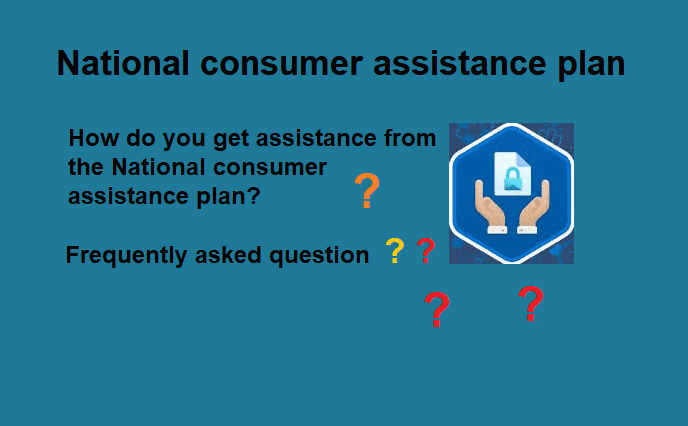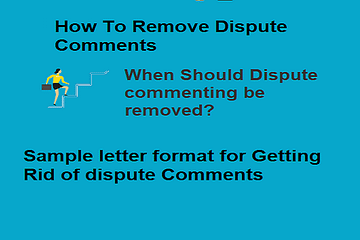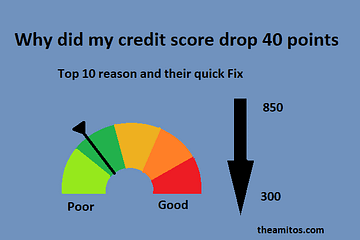How do you get assistance from the National consumer assistance plan (ncap program)?
Table of Contents
National consumer assistance plan Phase One Reminder
Announced in September of last year, the first phase of NCAP establishes new standards (or personal identifying information) for a record to appear on a consumer credit report. As of July 1, 2017, new and existing public record data will now have to adhere to these two standards:
- The minimum requirement of consumer identifying information: name, address, social security number, and/or date of birth.
- The minimum frequency (at least every 90 days) of courthouse visits to obtain newly filed and updated public records is required.
Experian®’s preliminary analysis projected that about 96% of civil judgment data and up to 50% of tax lien data will not meet the new standards.
National consumer assistance plan Phase Two
Phase Two of the credit bureau’s National Consumer Assistance Plan (NCAP) is now in effect. While it is likely that the bureaus have already implemented parts of these new requirements prior to the effective date, according to TransUnion®’s data reporting initiatives, credit reports will have the following changes:
- Do not report medical debt collection accounts less than 180 days old. This is required for collection agencies and debt buyers.
- Report a “delete” for accounts that are being paid or were paid in full through insurance. This is required for collection agencies and debt buyers.
- Report full date of birth for new authorized users on all accounts. This is required for reporters of authorized user data.
FAQ about Reporting Negative Listings to the Credit Bureaus
-
What Is the process of data submission? Is it still too easy for the data furnishers?
Now the process is not so simple. After the national consumer assistance plan phase two, a data furnisher needs to produce your date of birth when requesting a listing that needs to be added to your credit report. Beyond that, the credit bureaus should form a National Credit reporting working group made up of representatives from all 3 major agencies. These working groups have the responsibility to check that data furnishers have followed the standards reflective of “consistency and uniformity” in data reporting.
-
What if you are depending on an insurance company to pay a medical debt?
The credit bureaus should wait 180 days before listing all these unpaid debts on your credit reports – a 180-day period that begins from the creation of the account. If you already got a negative listing stemming from this situation, once the insurance company makes the payment, it should be removed from your account.
-
Do you have unpaid tickets or government fines?
While you continue to owe these debts, they will no longer have listed on your credit reports. The same is true of any other debt that wasn’t incurred through a contract or agreement.
FAQ on Credit Report Disputes
-
You have disputed a listing on your credit report :
If you successfully disputed a negative, then the listing is removed from your credit report, At present, you’re entitled to get free revised copyright of your credit report to verify the modification. Previously, consumers had limited to get their free report once a year.
-
It is necessary to include all supporting documents together with your dispute
If your dispute rejects by the bureau’s automated system, a real person is required to review your supporting documents before a final decision and response are made.
It’s currently the credit bureau’s job to inform you what to try next. As stated by the Consumer Financial Protection Bureau (CFPB), your subsequent options should include briefly in your file, similar to future reports. Beyond that, you’ll be able to additionally dispute directly with the original creditor or collection agency. Should all of those avenues fail to correct the error, you’ll be able to file a complaint with the CFPB.
FAQ on Identity Theft and Mixed Files
-
Do your credit reports have fraudulent listings?
The credit bureaus currently have a responsibility to review all supporting documents from the get-go. A similar is true if your credit reports are mixed up with somebody else’s.
31 states onboard
However, at first a settlement between the office of the New York state attorney general and therefore the three credit bureaus, a similar settlement was reached with the attorney generals of 31 states, all of that are currently parts of the National consumer assistance plan.
-
Do you have errors in your credit reports?
You should begin the dispute method with the credit bureaus. If that fails to provide results, you’ll be able to dispute directly with the original creditor or collection agency.




0 Comments